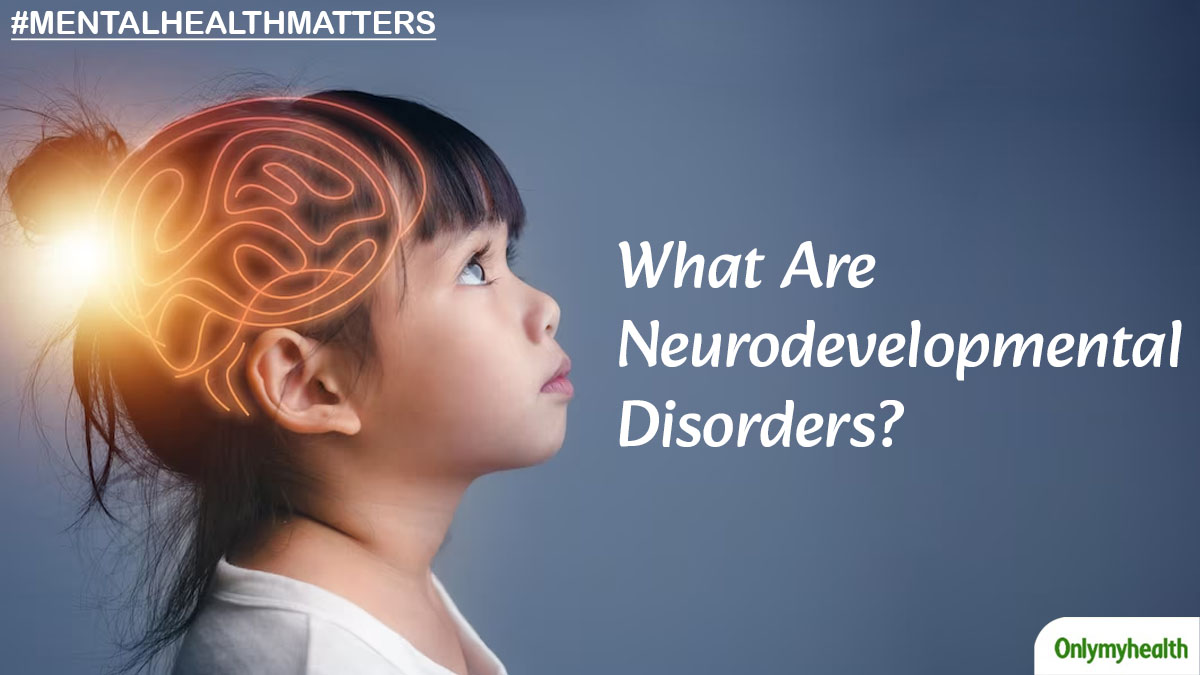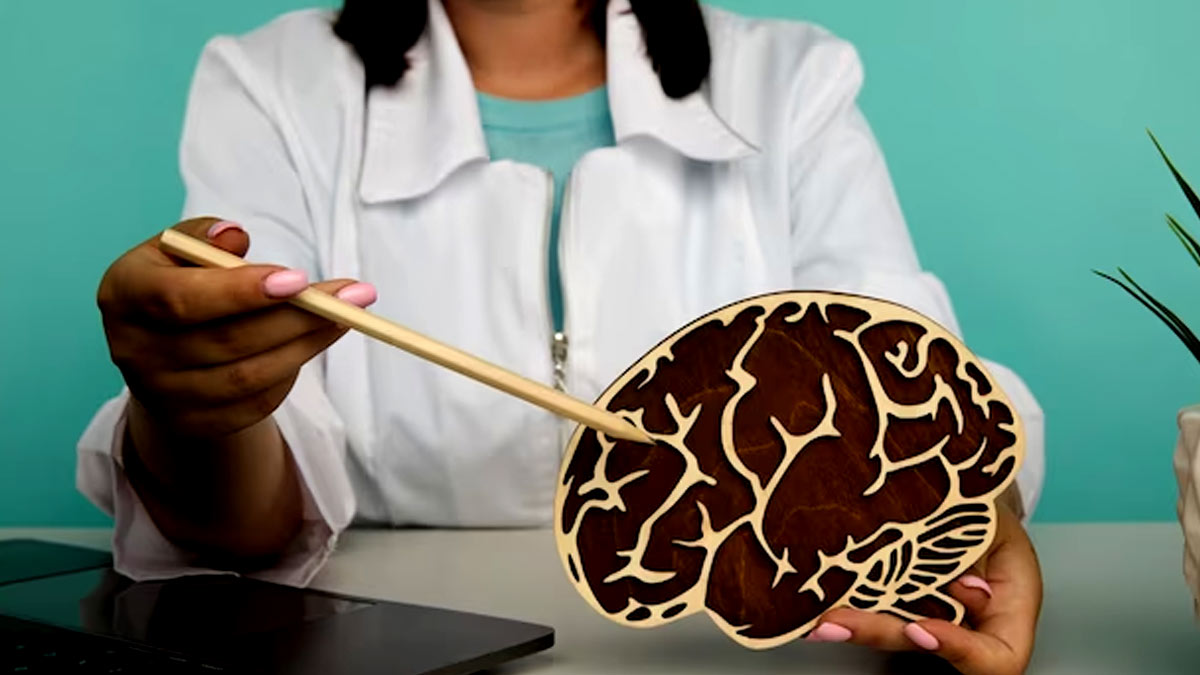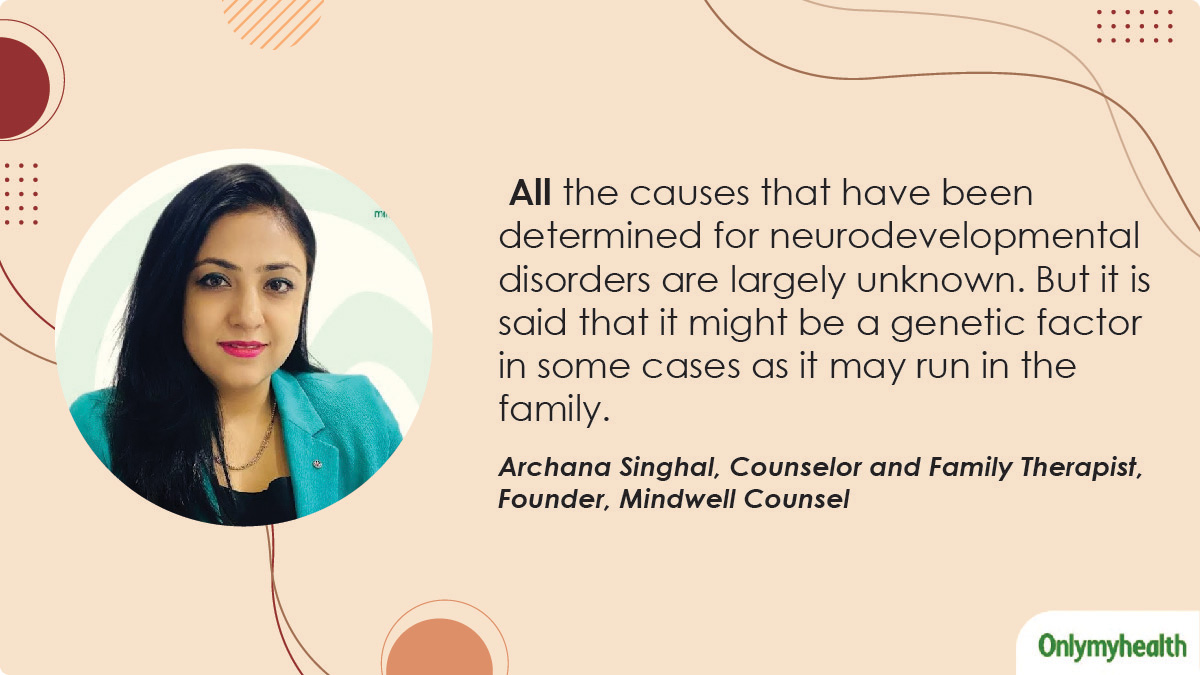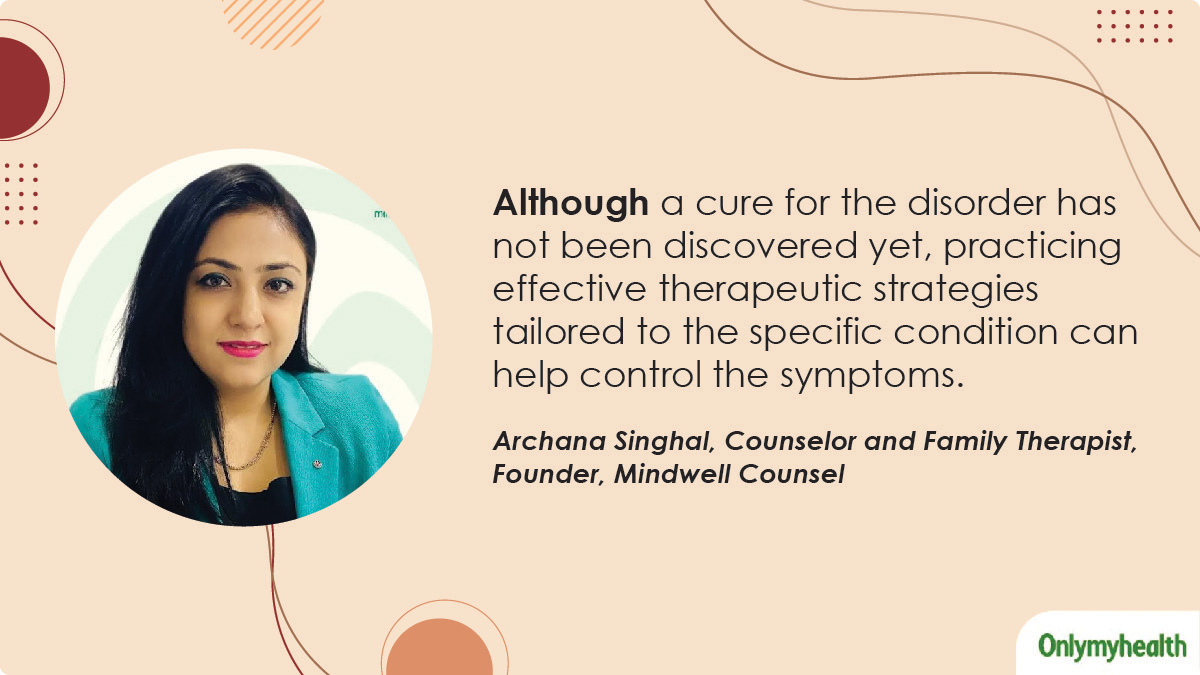
Have you ever wondered why some children or individuals face unique challenges in their development, learning, or social interactions? The answer lies in the intriguing world of neurodevelopmental disorders. From Autism Spectrum Disorder (ASD) to other lesser-known disorders, each one brings unique challenges to cognitive, social, and emotional abilities. In this article, Archana Singhal, Counselor and Family Therapist, Founder, Mindwell Counsel, and Member of the Counsellors Council of India and WICCI NPWC, explained neurodevelopmental disorders.
Table of Content:-
What Are Neurodevelopmental Disorders (NDD)

Singhal said, “Neurodevelopmental Disorders are conditions that start affecting how your brain works. They range from conditions that require lifelong care to mild impairments. The onset of symptoms typically occurs during childhood, and these conditions often persist into adulthood, though they may manifest differently over time.”
These disorders can range from mild to severe and may impact a person's ability to learn, communicate, socialise, and perform everyday tasks. Common neurodevelopmental disorders include Autism Spectrum Disorder (ASD), Attention-Deficit/Hyperactivity Disorder (ADHD), Intellectual Disability (ID), Specific Learning Disorders (SLD), Communication Disorders, Developmental Coordination Disorder (DCD), and Tourette Syndrome (TS).
According to a population-based study published in the journal PLOS Medicine, nearly one in eight kids between the ages of 2-9 have at least one of the nine NDDs.
Also Read: Mental Health Matters: Why Do I Overthink So Much?
Symptoms Of Neurodevelopmental Disorders
Singhal said, “Symptoms of neurodevelopmental disorders vary from condition to condition.” She listed some of the symptoms as follows:
- Schizophrenia: Social isolation, disorganised thoughts, hallucinations
- ADHD: Hyperactive nature, impulsive, gets distracted easily, can’t pay attention for long
- Autism: Avoids eye contact, finds it difficult to communicate, self-harm and resists touch
- Tourette Syndrome: Tics, such as coughing or grunting noises, shoulder shrugging, and eye blinking
Causes of Neurodevelopmental Disorders

Singhal highlighted, “All the causes that have been determined for neurodevelopmental disorders are largely unknown. But it is said that it might be a genetic factor in some cases as it may run in the family.” Although, in some cases, it may be due to certain things that have occurred or are related to pregnancy:
- Underweight after birth
- Use of alcohol, drugs, or smoking during pregnancy
- Premature birth
- Prenatal exposure to certain infections, toxins, or maternal stress can impact fetal brain development and contribute to the development of neurodevelopmental disorders.
Also Read: Mental Health Matters: What Is Schizophrenia, Explained
Diagnosis of Neurodevelopmental Disorders
Diagnosing neurodevelopmental disorders involves a comprehensive assessment that considers a person's medical history, developmental milestones, and observed behaviours. Healthcare professionals, including paediatricians, neurologists, psychologists, and speech-language pathologists, play critical roles in the diagnostic process. The steps involved in the diagnosis may include:
- Developmental screening: Paediatricians often use standardised developmental screening tools to identify potential delays or concerns during regular check-ups.
- Detailed evaluation: A thorough evaluation by specialists may involve assessments of cognitive, language, motor, and social skills to identify specific challenges.
- Family history: Understanding the family's medical history can provide insights into potential genetic factors contributing to the disorder.
- Observation and interviews: Teachers, parents, and caregivers may be asked to provide information about the individual's behaviour and functioning in different settings.
Treatment of Neurodevelopmental Disorders

Singhal said, “Although a cure for the disorder has not been discovered yet, practising effective therapeutic strategies tailored to the specific condition can help control the symptoms. Medications are provided to reduce tics, anxiety, hyperactivity and agitation. Although, older kids and parents may be benefited by going to the therapist or counsellor to learn coping techniques.”
She added, “There is no certain way to prevent neurodevelopmental disorders, especially genetic disorders such as autism and ADHD, but good parental care can reduce the chances and will help in having a healthy baby.”
Bottomline
As we strive to create a more inclusive society, understanding and empathy for individuals with neurodevelopmental disorders are essential. By providing appropriate resources, therapies, and accommodations, we can empower individuals with these conditions to reach their full potential and lead fulfilling lives.
Disclaimer
The information in this article is provided by the expert and is solely for informational purposes. Hence, it is essential to consult with your mental health expert for a thorough diagnosis and treatment.
Also watch this video
How we keep this article up to date:
We work with experts and keep a close eye on the latest in health and wellness. Whenever there is a new research or helpful information, we update our articles with accurate and useful advice.
Current Version